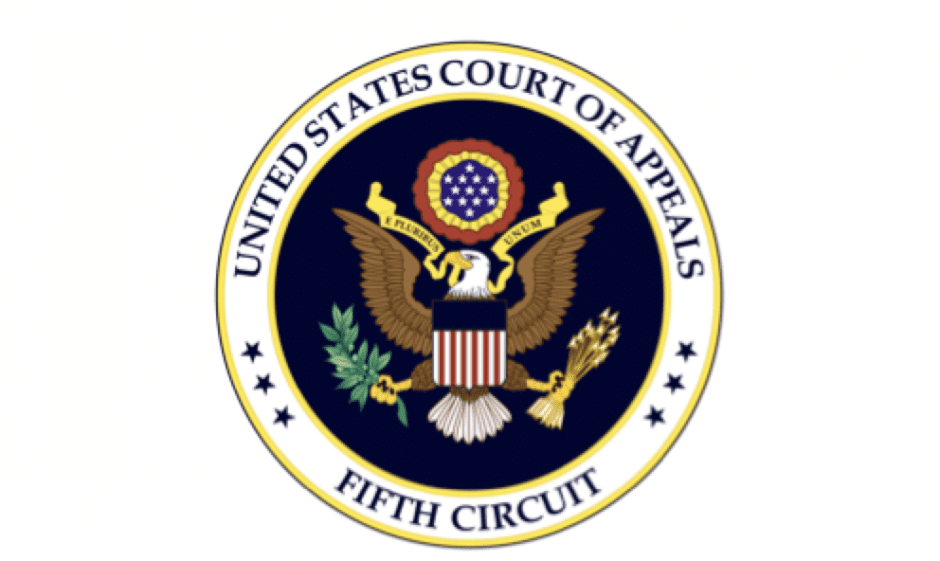The 5th US Circuit Court of Appeals has ruled that the Consumer Financial Protection Bureau’s (CFPB) funding mechanism is unconstitutional.
Made on 19 October, the appeals court’s ruling was welcomed by lenders including the Credit Union National Association (Cuna) and the National Association of Federally-Insured Credit Unions (Nafcu).
An independent agency, CFPB was created in 2011 as part of the 2010 Dodd-Frank Act passed by Congress under the Democratic Obama administration. Its roles include writing and enforcing rules for financial institutions, including credit unions, and monitoring the market.
Under the current structure, CFBP is funded directly by the Federal Reserve, bypassing Congress – a move designed to insulate it from political pressures – but the court ruled this was unconstitutional.

“Congress’s decision to abdicate its appropriations power under the Constitution, i.e., to cede its power of the purse to the Bureau, violates the Constitution’s structural separation of powers,” the judges wrote. They argued this funding model provided too much authority to CFPB without it being accountable to Congress. The three judges on the panel were appointed by former Republican President Donald Trump.
NAFCU president and CEO Dan Berger said: “NAFCU applauds the decision of the Fifth Circuit Court of Appeals. We believe that federal regulators need accountability and checks and balances. The CFPB should be subject to annual appropriations by Congress, as well as governed by a bi-partisan Commission to ensure accountability as envisioned by the Constitution. Nafcu has long advocated for increased Congressional oversight of the CFPB to ensure efficient and transparent use of taxpayer dollars, and to prevent abuse of the substantial power that Congress granted the Bureau.”
A similar statement was issued by Cuna. “The court’s decision today is consistent with Cuna’s longstanding position that CFPB funding go through the standard appropriations process,” said president/CEO Jim Nussle. “It’s been clear this is the most appropriate avenue since the very start of the CFPB, as it would provide addition Congressional oversight and incentivise the bureau to focus its attention on bad actors causing real harm to consumers.”
The decision, which CFBP is expected to appeal, could have significant implications for the sector by overturning regulations and enforcement actions undertaken by the bureau since its creation in 2011.
The case was brought by two groups representing payday lenders: the Community Financial Services Association of America, a trade association representing the payday lending industry, and the Consumer Service Alliance of Texas.

